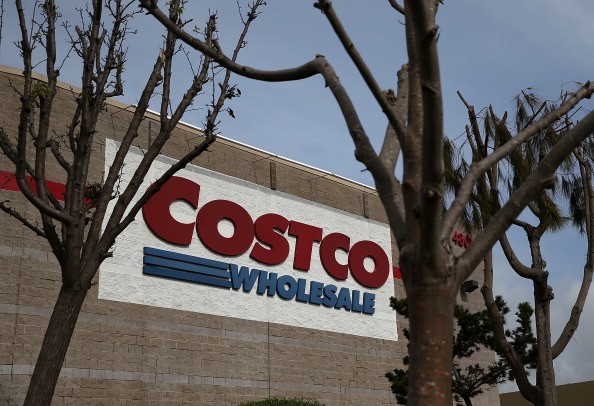
A day after McDonald's announced that it was phasing out chicken raised with antibiotics from its menu, Costco Wholesale Corporation told Reuters that it is working to eliminate the sale of chicken and other meats raised with antibiotics vital to human medicine. The amount of chicken sold at Costco will put further pressure on the poultry industry to stop the use of antibiotics that could give rise to bacterial resistance.
Costco sells 80 million rotisserie chickens a year in addition to uncooked whole chickens and chicken parts. The company did not give a timeline for when it would stop selling chicken with what are called "shared-use" antibiotics. In order to phase out chicken that contains these antibiotics a company the size of McDonald's or Costco needs to find new suppliers or work with their current suppliers to ensure a steady supply. Costco is one of the largest food retailers in the United States.
The U.S. Food and Drug Administration has issued voluntary guidelines to regulate antibiotic use in agriculture. Antibiotics that are considered by the FDA to be important in human medicine are to be phased out of agricultural use by the end of 2016.
"We are working towards, and working with our suppliers and the regulatory agencies... to see how we can get rid of shared-use antibiotics in animals," Craig Wilson, vice president of food safety for the company, told Reuters.
Poultry and livestock are given antibiotics primarily to promote growth, according to the Alliance for the Prudent Use of Antibiotics at Tufts University. The organization estimates that more than one-half of the antibiotics used in the United States are used in the production of food animals. When antibiotics are used in agriculture, they give rise to resistant strains of bacteria, which then limits the use of those antibiotics in human medicine. There are several lines of evidence that link agricultural antibiotic use to resistant infections in people. The European Union has already banned the use of some antimicrobial products for use just to promote growth in food animals.



